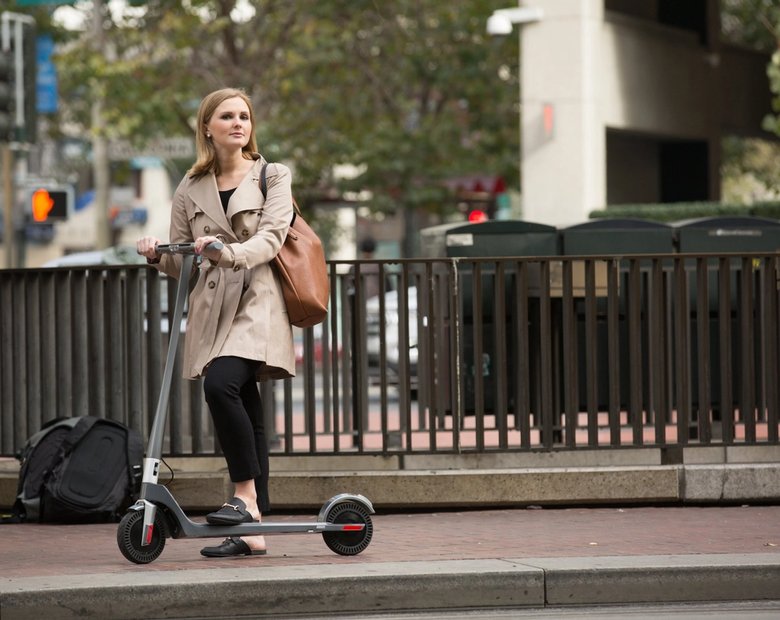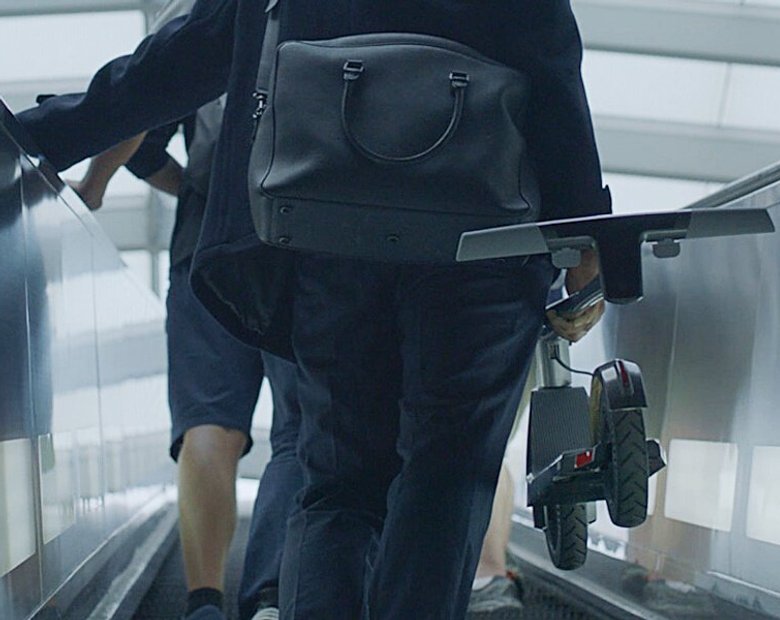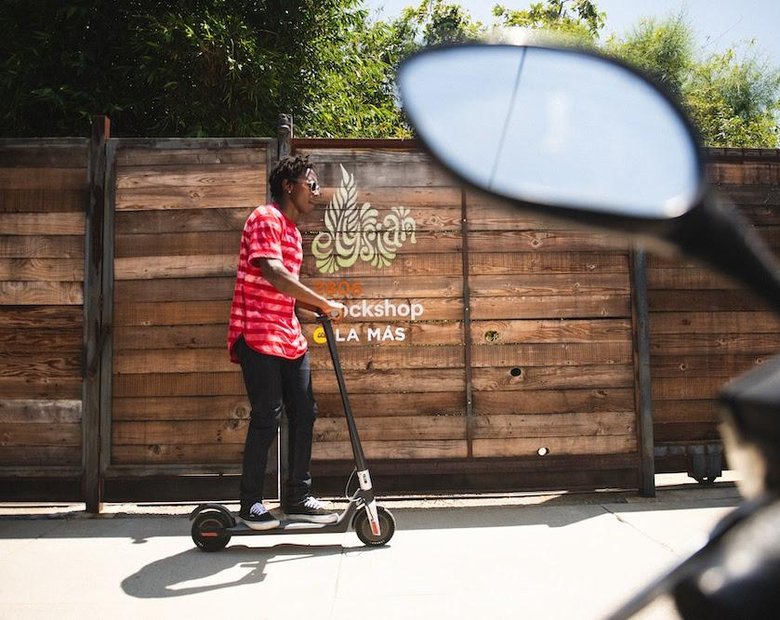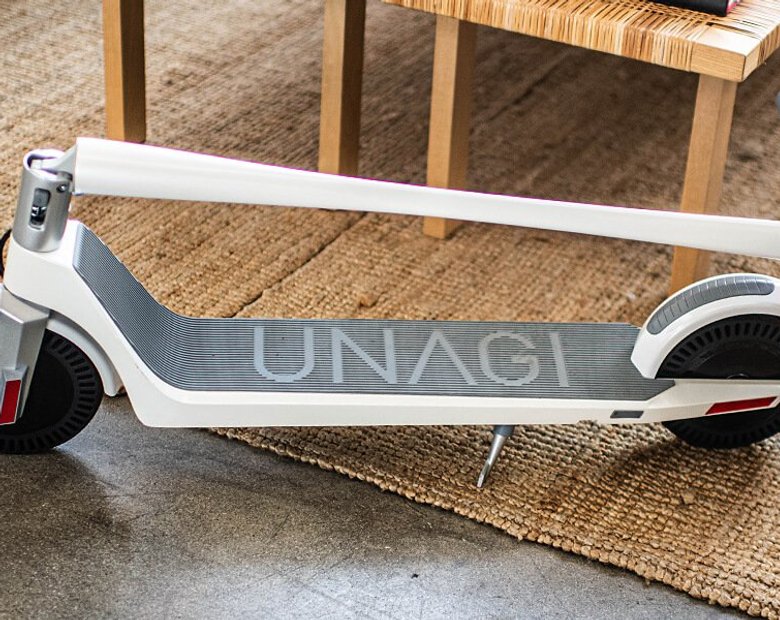Wondering whether you can take your electric scooter on an airplane? As with all things air travel-related the answer should be simple, right? As you might expect, it’s not—or not entirely—but the short answer is no, you cannot take most folding electric scooters for adults in carry-on or checked baggage unless they have been specifically designated as a mobility aid.
Domestic Flights in Australia
The CASA has firm guidelines around lithium ion batteries, allowing only those up to 100Wh (watt hours) in carry-on luggage and up to 160Wh in checked baggage. Battery watt hours is a different measurement than the watts listed for the motor size. The watt hours might be marked on the scooter’s battery or in the manual. If not, you can multiply the ampere hours (ah) by the voltage to calculate the watt hours of your battery.
Qantas’ corporate policy is to allow batteries up to 100kw and they require approval for batteries between 100kw and 160kw. Virgin Australia specifically states that electric scooters that aren’t considered mobility aids for disabled people are not allowed at all.

Most laptop, phone charger, phone, and tablet batteries fall under the 160wh threshold, while most electric scooter batteries are well above it. While there are electric scooters with small batteries under 160wh, these are very low-powered vehicles usually only designed for children. If you do have a small scooter that meets the requirements, you should still check on the specific rules for travel with your specific carrier. Batteries usually need to be removed and stored separately in carry-on or checked baggage.
If you can show that your electric scooter is a medically necessary mobility device, you should contact the airline several days before your flight to relay the details about your scooter’s size, weight, and battery size so that preparations can be made beforehand. Arrive at the airport at least 2 hours before your flight and find out about any additional surcharges and requirements for removing and packing the battery.
Mobility scooters have different requirements than recreational scooters. Batteries usually cannot exceed 300Wh, with a spare battery allowed of up to 300Wh or two spares of up to 160Wh each. Each airline will have its own rules and restrictions, so you’ll definitely want to call your carrier well in advance before you pack up and get ready to go.
International Guidelines
International guidelines around lithium-ion batteries tend to be even more strict. Because of the rare possibility of Li-ion batteries becoming overheated and exploding, they are classified and regulated as “dangerous goods” by the International Air Transport Association (IATA). Their general guidelines are mostly consistent with the UK’s CAA the US’s FAA:
In cases where the lithium-ion battery does not exceed 100Wh, passengers may have
these devices in either carry-on or checked baggage. This does not beg for the approval of the operator.
In cases where the lithium-ion battery exceeds 100Wh but does not go beyond 160Wh, passengers may have these devices in either carry-on baggage or checked. However, the approval of the operator is required and finally, in cases where the lithium-ion battery exceeds 160Wh, the device is utterly forbidden from being in either passenger or crew checked or carry-on baggage.

These regulations apply on international flights, but aviation authorities in each region will have their own rules. In China, these are particularly strict. If you’re traveling in Europe, you’ll want to check with the European Union Aviation Safety Agency (EASA), or contact administrations in specific countries. Each aviation authority and airline will likely make exceptions for mobility devices, so you’ll want to contact the relevant parties to make arrangements in that case.
In most cases, however, unless your scooter is a designated mobility device or a very small, low-powered vehicle, you will mostly likely be unable to take it on a plane anywhere in the world. Rather than traveling with a recreational scooter on an airplane, your best bet is to look into rental options at your destination. Electric scooters are fun, economical, and environmentally friendly ways to navigate your city, or a new city you’re discovering for the first time, but they are not currently suitable for air travel. Perhaps with the widespread adoption of electric scooters as ideal personal vehicles, the situation will change in the near future, and the FAA and other agencies will pass new rules to accommodate riders.






